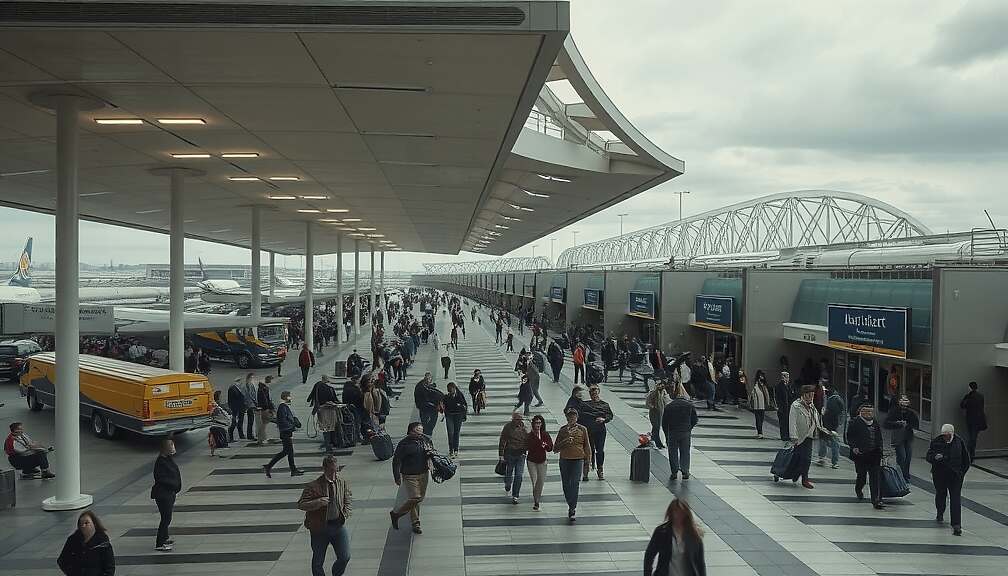The German aviation sector has reacted positively to Thursday evening’s agreement within the governing coalition, which includes a reversal of the planned increase in aviation tax from 2024. Industry representatives are hailing the move as a crucial step, but also cautioning that further action is needed to secure the sector’s long-term competitiveness.
Joachim Lang, CEO of the German Aviation Association (BDL), welcomed the decision, stating, “The Federal Government has kept its promise and brought an end to the years-long spiral of rising taxes and fees for air transport originating from Germany. This is an important signal”. The agreement, reached after protracted negotiations between coalition partners, aims to alleviate the financial burden on German airlines and airports, which have faced increasing pressure from taxation and regulatory costs.
The BDL estimates the proposed relief measures will reduce state-imposed location costs for the aviation sector by approximately ten percent. While this is being presented as a significant initial victory for the industry, the BDL emphasized that this is merely a starting point. Lang cautioned that Germany’s ability to capitalize on the ongoing boom in European air transport requires “further steps” in the coming years.
The agreement also includes provisions intended to bolster air cargo operations through process optimization and digitalization of involved authorities, aiming to preserve the connection of the German export economy to international markets. However, critics argue that the focus on immediate financial relief risks overshadowing broader systemic issues, such as the industry’s significant environmental impact and the need for sustainable aviation fuels.
The move is likely to reignite debate surrounding the balance between economic competitiveness and environmental responsibility within the German aviation sector, particularly as the government faces mounting pressure to meet ambitious climate targets. While industry leaders celebrate a momentary reprieve, the longer-term viability of German aviation hinges on a more comprehensive and sustainable strategic vision.












